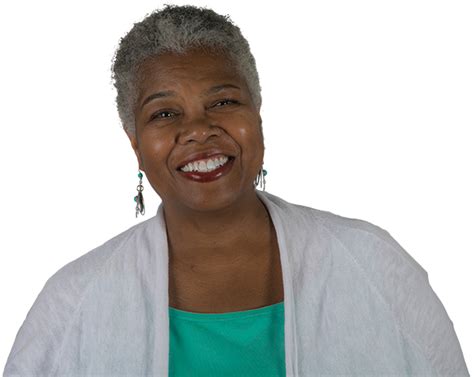A Quote by J. K. Rowling
If you are writing children's books, you need to be a ruthless killer.
Quote Topics
Related Quotes
Kids not only need to read a lot but they need lots of books they can read right at their fingertips.They also need access to books that entice them, attract them to reading. Schools...can make it easy and unrisky for children to take books home for the evening or weekend by worrying less about losing books to children and more about losing children to illiteracy.
There is the myth that writing books for children is easier than writing books for grownups, whereas we know that truly great books for children are works of genius, whether it's 'Alice in Wonderland' or the 'Gruffalo' or 'Northern Lights.' When it's a great book, it's a great book, whether it's for children or not.
Of course all children's literature is not fantastic, so all fantastic books need not be children's books. It is still possible, even in an age so ferociously anti-romantic as our own, to write fantastic stories for adults: though you will usually need to have made a name in some more fashionable kind of literature before anyone will publish them.
Writing my own stories had always been one of my dreams, but I didn't start until I was 29. I was working in a book warehouse and was assigned to the third floor where all the children's books were. For four and a half years, I spent all day, every day around children's books, and it wasn't long before I fell in love with them.
Whenever they tell me children want this sort of book and children need this sort of writing, I am going to smile politely and shut my earlids. I am a writer, not a caterer. There are plenty of caterers. But what children most want and need is what we and they don't know they want and don't think they need, and only writers can offer it to them.


































